|
This quarter, two Women’s Right and Leadership Forums received seed capital to start their own VICOBA (village community banking) with support of African Initiatives and UKAID. The villages of Oloipiri in Ngorongoro and Terrat in Simanjiro were the recipients this quarter, making a total of 8 forums across the northern Tanzania landscape. Each group of 24 women received a total of 5 million shillings. Namayan Abraham has lived in Terat most of her life. She is a mother to eleven children and too many grandchildren to count.
2 Comments
Lekumok Kironyi grew up in the village of Arash, Loliondo, located in the picturesque wooded acacia forest bordering Serengeti National Park. His family belongs to the Maasai tribe and are pastoralists, relying on livestock for their livelihood. Back in 2000, Lekumok had just completed his Standard 7 exam. For most youth in the village of Arash, this is where their education ended but Lekumok had hopes of pursuing a secondary education. Following his academic performance on the national exam, Lekumok earned a scholarship from UCRT and The Dorobo Fund for Tanzania and was able to do just that. Fast forward two decades and Lekumok is months away from obtaining dual PhD’s in Agricultural Economics and Agribusiness, focusing on rural and urban transformation from the University of Copenhagen and Sokoine University.
While there is no required field of study for scholarship awardees at UCRT, the hope is that these individuals will use their opportunity to help improve the lives of others in their communities. We sat down with Lekumok to find how the educational sponsorship from UCRT changed his life and how he plans to put his education to use to help his community. Lekumok’s educational sponsorship began in Form 1. He goes on to share that support from UCRT went beyond school fees. “The Staff of UCRT have been like guardians to me. Throughout my education they reached into their own pocket to help me with pocket money to help with transport, school supplies and other things I needed for school.” After completing his secondary education and earning an undergraduate degree at Sokoine University with the help of UCRT, Lekumok secured a scholarship to pursue his Masters in Botswana. From there, he earned a spot at University of Copenhagen where he’s been studying the last four years. While Lekumok is a full time academic these days, he still maintains close ties to his roots, returning home to Loliondo to herd his livestock when time permits. “My work and my research is focused on tapping the economic potential of animal husbandry and livestock. I believe there is a bright future in pastoralism if a few key issues are addressed. You must have secure land that is reliable, you must have land use plans in place, and the capacity of communities must be built.” Lekumok serves as a mentor for many young pastoralists pursuing higher education across the world. Obtainning a degree at a large university, sometimes in other parts of the world, can seem quite daunting, especially when you come from a small pastoralist village in Loliondo. Lekumok has helped six individuals obtain degrees, including five Maasai pastoralists – three of which now hold Master’s degrees. He shared “Education is about unlocking the potential of individuals, helping them see the world in a new way.” For someone like him, it has meant he can pursue something his deeply passionate about and use those tools to make a difference for pastoralists across Tanzania. After completing his Ph.D., Lekumok plans to join the faculty at Mwalimu Nyerere University where he will teach, research and consult on issues pertaining to agricultural economics here in Tanzania. Our relationships with the communities we work with are at the heart of everything we do. During a recent trip to Makame Wildlife Management Area, several staff members were approached by the District Commissioner about an urgent need for student dormitories at secondary schools in Ndedo and Kijungu villages in Kiteto District. Due to the lack of beds, students are currently sleeping in classrooms or forced to walk up to 10 kilometres from school to home each morning and afternoon in order to attend school, facing the risk of encountering dangerous wildlife. We were invited by the District Commissioner for Kiteto to contribute towards the construction of these dormitories. This ask presented itself at the perfect time as several of our staff had made the decision to climb Makame Hill at the end of the year to explore future tourism opportunities in the area. We decided to turn this climb into a fundraiser to support the construction of domitories. Makame Hill, also known by Ndikira locally, is the tallest mountain in Makame area standing at 1,600 meters. It stands within the Makame WMA, the largest WMA in Tanzania at over 4,500 km2. Makame WMA is made up of five villages of Makame, Ndedo, Ngabolo, Irkiushibor and Katikati and home to over 20,000 pastoralists. On December 23rd, Loure and Lekaita, joined by over a dozen UCRT staff members, set off to climb Makame Hill. They successfully summited and with the support of 27 sponsors, the fundraiser secured enough funds to start building the dormitories at Kijungu and Ndedo Secondary Schools. If you would like to contribute towards this fundraiser, please get in contact with Loure at [email protected]. Makame Hill photo credit: Marc Baker/Carbon Tanzania
The village of Gasaboi lies about 35km off the main road between Babati and Singita. A few decades ago, the area surrounding the village was a wooded acacia forest where pastoralists and wildlife coexisted in relative harmony. Now, the majority of the land has been converted into large scale agriculture, producing much of the countries barley and wheat. UCRT recognizes that land rights, sustainable natural resource management and improved livelihoods go hand-in-hand with economic security. In 2017, UCRT, in collaboration with Oxfam, began a new income generating project, aimed at eliminating poverty at the family level for some of Gasaboi’s most vulnerable members, women and youth. The majority of participants belong to the Datoga tribe, a traditionally agro-pastoralist tribe recognizable for their beautifully hand-beaded clothing. Mesuja, UCRT staff member in Hanang District commented “Due to things like lack of capital or work, young people in rural areas can often spend the entire day sitting. This is not only harmful for them but also for the community. Both of these groups (women and youth) have a lot to contribute their community if given the opportunity. ” The group in Gasaboi is comprised of 50 members, including 25 women and 25 youth. Forty-two acres of land were allotted for the group to plant sunflowers. From this year’s crop, the group is expecting to sell 28 million Tanzanian shillings worth of seeds that will be pressed into oil and an additional 5 million shillings worth of stems for feeding livestock. Maria Alphonce acts as the women’s group sectary. When asked what this project has meant for women like herself she replied “Most women in this community have a hard time getting even a thousand shillings from their husband to feed their family. This project is changing that. My family is happy, I’m able to buy soap and have taken a small loan to build a house made of makuti leaves. Before that, we didn’t have a proper home to live in.” The women were also provided with the resources to begin a small VICOBA (Village Community Banking). Members can take loans to start small businesses, finish repairs on their homes, or pay school fees for children. At 27 years old, Andrew Jacob, the youth group chairman, is intent on this project being a stepping stone towards building a new life for himself. When asked what his thoughts were on women and youth working together he replied with a smile “It’s best to work together. It’s about respect. We are a good influence on each other. The mamas teach us patience.” Caption: The women call themselves umoja - meaning unity in Swahili. They range in age between 30-65.
While this project is still in its early stages, it is safe to say that the results of this partnership between the women and youth community has surprised everyone. By working together, two of this communities most vulnerable groups have managed to increase their income. Martha Paulo, the chairperson for the project said, “We couldn’t have done this as individuals, we did this together.” We are driving down a dusty road lined with acacia trees on the way to Nakwetikia’s boma. She’s nearing 80 years old but you wouldn’t know it. She’s sharp and inquisitive, and has a phenomenal sense of humor. Earlier in the day she sent an entire group of reporters into hysterics, as she looked a traditional male leader from a nearby village in the eye and sternly warned him not to lie or he’d have another thing coming. While Nakwetikia says she has always had a quick wit and a sharp tongue, the Women’s Rights and Leadership Forum is what helped her find her voice in her community. Ng’abolo Village is one of five villages that form the Makame Wildlife Management Area, an acacia filled woodland comprised of over 4,500km2. These five villages work together to sustainably manage this WMA for the use of humans, cattle and wildlife alike. UCRT has worked in this area for over 4 years supporting improved natural resource management, good governance training as well as mobilizing women to participate in decision making. Nakwetikia is a member of the Women’s Rights and Leadership Forum of Ng’abolo and has been an outspoken advocate for women’s involvement in natural resource management in her village. Today, we are visiting Nkwatikia’s boma to gain a greater understanding of how the Women’s Right and Leadership Forums have helped women like herself adjust to and challenge the pressures from a rapidly growing community and its pressures of traditional pastoralist livelihoods. Nakwetikia has seen a great deal in her eight decades in this village. It’s grown exponentially, from a few families to hundreds, primarily due to migration into the area. The large influx of people has brought with it many challenges including poaching, land grabbing, and illegal farming. It has also caused pastoralists in the area to become more vulnerable to land loss. But, nothing has surprised Nakwetikia as much as the change brought by the Women’s Rights and Leadership Forum. Modeled after traditional Maasai leadership institutions, the WRLF is comprised of 24 female representatives from a village. These women represent the interests of all women in their village, making decisions, advocating on their behalf, and supporting each other. Before formalising their group with support from UCRT four years ago, women used to meet in secret often while they were out collecting water or firewood. Nakwetikia shared: “As more people moved to the area, pressures on the land grew. Cattle were taken elsewhere to graze, water become more difficult to find and there was less land available for traditional uses. We women realised these pressures and would discuss them often but we had no way to stop it. With the WRLF, we can now openly discuss issues and help create solutions for the greater community.” When the WRLF was formed, women received training on their rights to own land, property and the rights to their children in addition to trainings around leadership, communication and good governance. Beyond providing a formal space for women to meet and be part of the decision making progress in the village, the WRLF has had another important and somewhat initially unexpected role in the village: protecting the land and natural resources. UCRT learned early on that women in Ng’abolo village possessed a wealth of knowledge when it came to particular grazing areas, migration routes and livestock water points as well as the resources in the area and their uses – more so then the men. UCRT realised the WRLF, in addition to empowering women, could be crucial in protecting and reinforcing Village Land Use Plans, Natural Resource Management Plans, and Wildlife Management Areas. These days, the women of Ng’abolo are able to meet out in the open and have become a powerful force of positive change in their community. Paine Makko, who helped start UCRT’s Gender Programme remarked: “As the WRLF in Ng’abolo has strengthened, they’ve started to demand accountable governance, and secure participatory decision making, especially in respect to land management. As the WRLF has gained momentum, we’ve witnessed a decrease in poaching, land encroachment, and charcoal burning in the area. In another five years, we can’t wait to see what the WRLF accomplish.” As Ng’abolo village’s population increases and with it the pressures on resources and land grow; adaptive solutions are needed that are both peaceful and sustainable. While these are community-wide issues, their success very much depends on the involvement of pastoralist women. WRLF have been catalysis of change in their communities and are bringing real solutions to the table. Learn more about our gender programming here.
Dismas has developed countless Land Use Plans, resolved many conflicts, and ensured continued sustainability of our programmes in some of the most difficult and politicised areas we work. The past 16 years he has worked with the Hadza and Datoga tribes in Yaeda valley and has celebrated many successes with those communities during that time. We sat down with Dismas to ask him a few questions about his work and achievements over the years. What brings you happiness in your work? “When we achieve what we set out to do, when we meet the needs and expectations of the communities we work with, that’s when I’m happy. On the flip side, it really disturbs me if we fail, letting down those we work with. It also brings me joy when other people are happy and have what they need to be comfortable- when I see the Hadza are enjoying their livelihoods, I’m happy. When I’m in the field, especially in Yaeda. When I sit in the community and see this community gaining their rights- that brings me a lot of joy.” What achievement are you most proud of? “Creating the first group CCRO’s (Certificates of Customary Rights of Occupancy) in Tanzania. We had been using Land Use Plans in Yaeda for a number of years but certain individuals in the community were not respecting these plans. The area that had been set-aside for the Hadza was changed and we realised that the Land Use Plans on their own were not enough. The Hadza needed some sort of legal protection. We sat with the village land use officer and determined that we needed communal ownership, not individual use and that is how the idea of CCRO’s was born. After securing the ownership for the Hadza we moved to secure rights for the nearby pastoralist Datoga. It’s amazing to see how much this idea has grown.” How has UCRT grown and changed in the last 20 years? “I remember a time when UCRT staff had to borrow a friend’s car or go to sites by foot. In some ways [traveling by foot] might have helped us in our work. We are most effective when we stay with the communities, learn their challenges and problems and then they begin to trust you.” 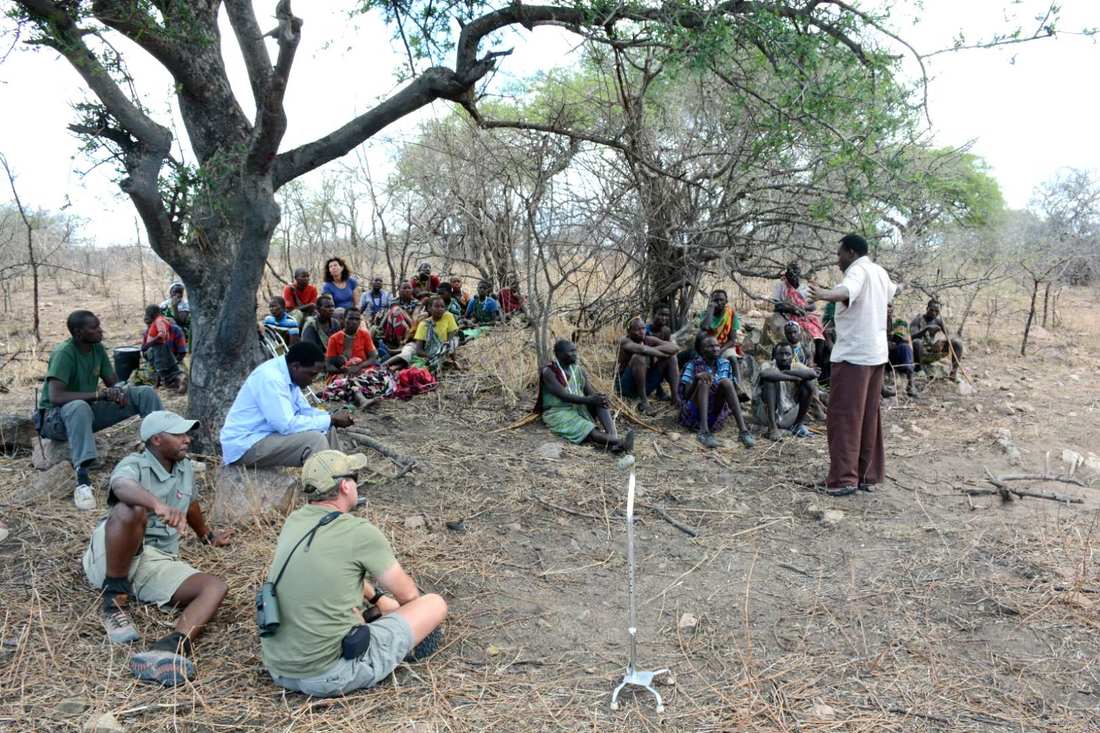 Dimas facilitating a training with the Hadza in Sungu. Dimas facilitating a training with the Hadza in Sungu. For pastoralists and hunter-gatherers, communal land is essential to preserving their livelihoods. UCRT has found that Certificates of Customary Rights of Occupancy support collective and responsible land use and are a cost effective way to ensure entire communities to legally obtain land security under the Village Land Act. We recently celebrated the handing over of CCRO’s for five villages in Monduli District – the largest ceremony in Monduli to date. Monduli is home to an estimated 158,9291 people, primarily traditional Maasai pastoralists. A total of 34,701 hectares of land was secured through these CCRO’s and an additional 5,850 ha through a Village Land Certificate for Mungere. The hand over ceremony has been years in the making. For a village to receive their Certificate of Customary Rights of Occupancy they must participate in a series of trainings around natural resource management, good governance, communication, leadership, financial management as well as developing tools like grazing calendars and land use plans to help them sustainably manage their land once it’s secured. This particular handing over ceremony drew quite a crowd, with several hundred community members, partners and government officials in attendance. The villages of Esilalei, Mswakini Chini, Oltukai, Mungere, and Selela all received CCRO’s. The village of Mungere also received its Certificate of Village Land after demarcating village boundaries and developing a land use plan. In addition to village representatives, attendees of the hand over ceremony included representatives from the land commissioner, District Commissioner, MP, District Executive Director, Head of departments of the District, Land and Livestock Community Development officers, members of the media, and implementation partners. A special thank you to Trias, The Nature Conservancy, and Wildlife Conservation Society for funding this initiative. Dozens of women, wrapped in brightly colored kangas, some with babies strapped to their backs, stood beneath the shade of acacia trees in anticipation. Behind them, several hundred villagers gathered to witness this monumental event. This ceremony was the culmination of years of training, meetings, lobbying, and advocacy – something UCRT had been working towards for decades and something the women of Kiteto fought hard to see through. For the first time in history, the women of Kiteto District were granted Certificates of Customary Rights of Occupancy, giving them formal rights to the land they and their families have lived on for generations Mr. Tamimu Kambona, the Kiteto District Council Director, handed out certificates to the women, offering them congratulations and encouragement. With their land legally secured, over 50 Maasai women, mostly widows from Ngabolo and Ndedo villages, have a roof over their heads and can safely invest in economic ventures. After a series of land use planning seminars and good governance training, these women have the knowledge and resources they need to provide for themselves and their families. Katrina, a member of the Women’s Rights and Leadership forum in Ngabolo Village said of “My proudest achievement so far is the unity we women now have. It gives us hope that now we can bind together to elect women to leadership positions. Our unity also supports each other from individual oppression – women are now stronger and safer in their own homes.” UCRT’s Program Coordinator Edward Lekaita said the decision was made early on to secure women’s rights to own land in Kiteto, under the Land Act Number 5. “Our goal is to extend this project to other groups and villages as well.” These certificates are extremely significant for pastoralist women across Tanzania as they remain highly vulnerable to violations of their land rights and other rights. This success represents the vast potential for social and political change in Tanzania when women are empowered to make decisions within their communities. We can’t wait to see what the future holds. To date, UCRT has empowered over 80 villages to help them successfully secure 787,610 hectares of land. Thank you to the Foundation for Civil Society for supporting this initiative.
Some of Tanzania’s last remaining hunter-gatherers, the Akie, were handed over land certificates at a ceremony in Kitwai village, Simanjiro District earlier this month. Local pastoralists were also granted land certificates, securing the largest track of prime grazing land for pastoralists’ livestock issued to date. Attended by the Assistant Commissioner for Lands, Northern Zone, and other distinguished government representatives, including Simanjiro’s Member of Parliament, the regional livestock officer as well as community members, the ceremony formally awarded two Certificates of Communal Right of Occupancy (CCROs) to Kitwai A village and two to Kitwai B village, providing a cumulative 144,501 hectares secured for either livestock grazing or hunter gatherer traditional use. Approximately 5,000 people living in these villages will benefit from this increased land security, protecting their livelihoods and their rights. “CCROs reduce conflicts over land use, promote equal access and ownership to land, and secure communal rights to land and natural resources,” explains Edward Loure, Simanjiro Programme Coordinator for the Ujamaa Community Resource Team, the organization pioneering this model for securing local land rights. “These latest CCROs will help ensure that the Akie as well as the local pastoralists have official and recognized rights to access, use, and manage their land in the way that they want to – and in most cases, in the way they always have, which is sustainably” Loure says. As part of the CCRO application process, villages need to establish formal land use plans, which includes agreeing on annual grazing calendars and traditional land uses in accordance with land capacity and conservation needs. Adherence to the land use plans will reduce cattle mortality caused by prolonged drought in the area and protect the natural environment through reduction of soil erosion caused by overgrazing. “The pastoral community will now enjoy greater connectivity thanks to proper land use planning and facilitation of CCROs, improving livestock health in the case of pasture management and livestock mobility,” remarked Nyika Shaushi, Kitwai Ward Councillor, at the handing over ceremony. At the ceremony, government official Baltazari Sulle recognized the large community effort involved in achieving the CCROs, and applauded the exemplary collaboration of all parties. “I was part and parcel of the whole process, in collaboration with UCRT field staff, that led to productive results which also enhanced mutual collaboration between UCRT and the district council” he said. Local Akie community beneficiary present at the ceremony, Laiharwa Lenae, echoed this sentiment in his remarks and noted the significance of the Akie gaining rights to their land, “we Akie have now obtained our first communal land certificate, giving us rights to control and manage our land.” UCRT is a local grassroots civil society organization of pastoralists and hunter-gatherers who over the last two decades have worked across northern Tanzania to help more than 75 communities secure over half a million hectares of land. Over the past five years UCRT has pioneered this unique approach to helping highly marginalized groups secure communal rights to land across northern Tanzania, working closely with both district and national government officials as well as with communities themselves. Local council and UCRT representatives said the ceremony commemorated their shared goals to support local people to manage and benefit from their land and natural resources in a peaceful and sustainable way. “This is a great milestone,” said Loure. “Now that these communities have legal occupancy and usage plans for the land, the next step is to provide training on monitoring techniques of the land and resources. Through effective monitoring and land use, additional training will help support these communities to benefit from their resources through development of fair contracts between local community and private sector.” |
Archives
March 2019
Categories |
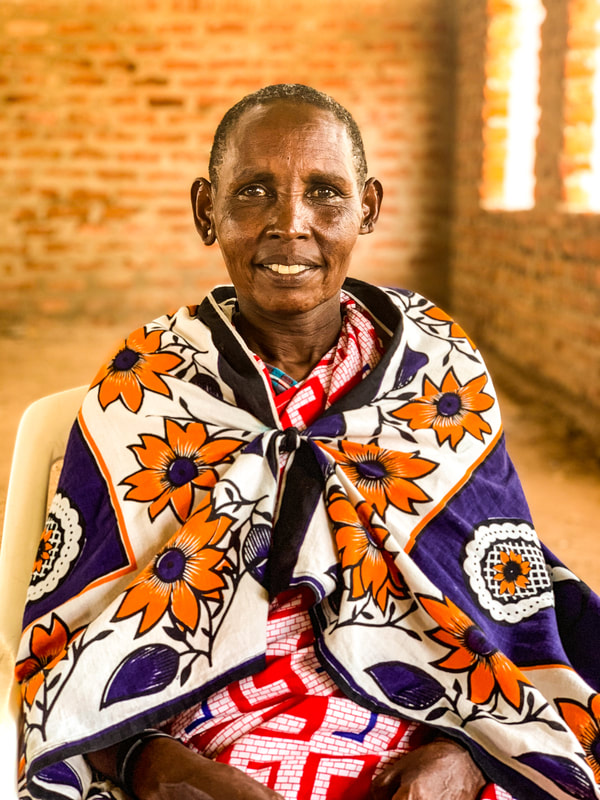
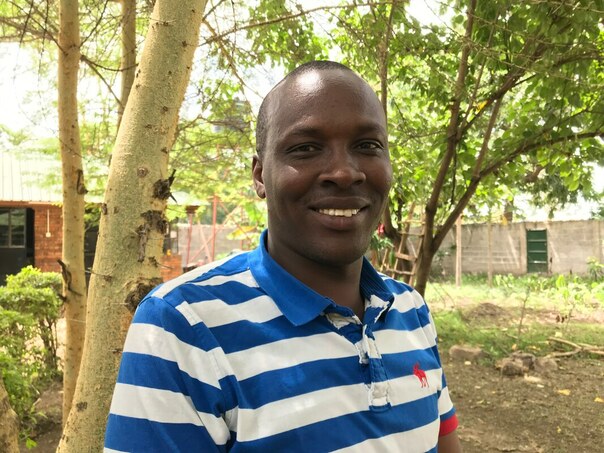
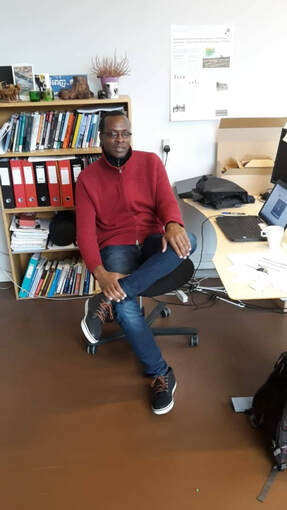
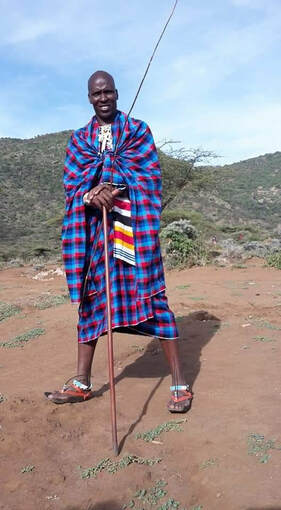

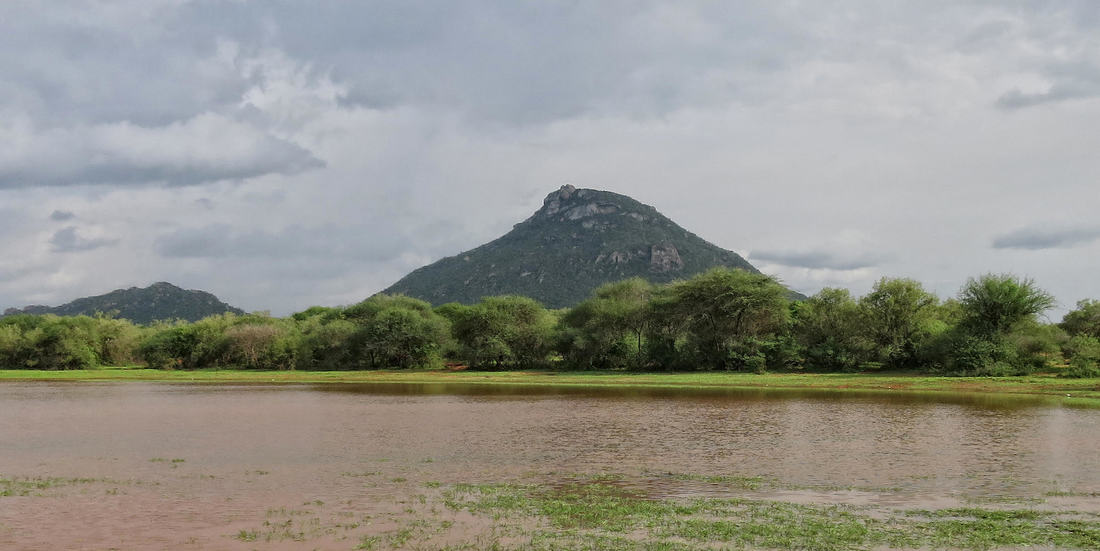
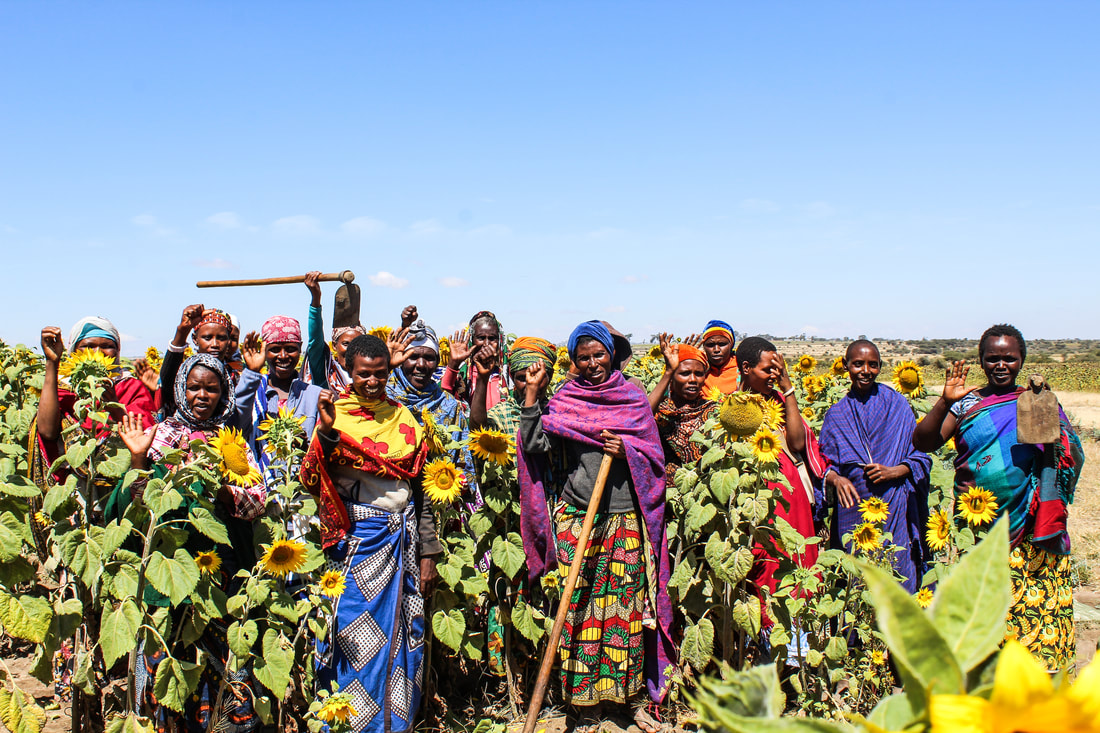
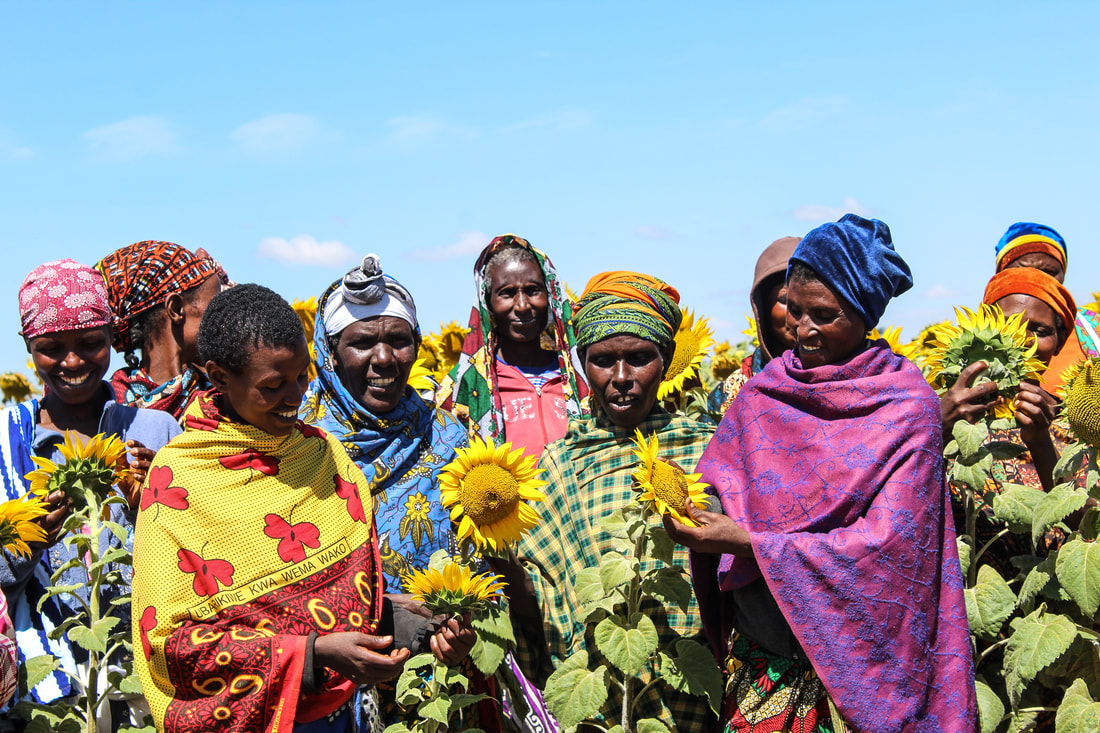
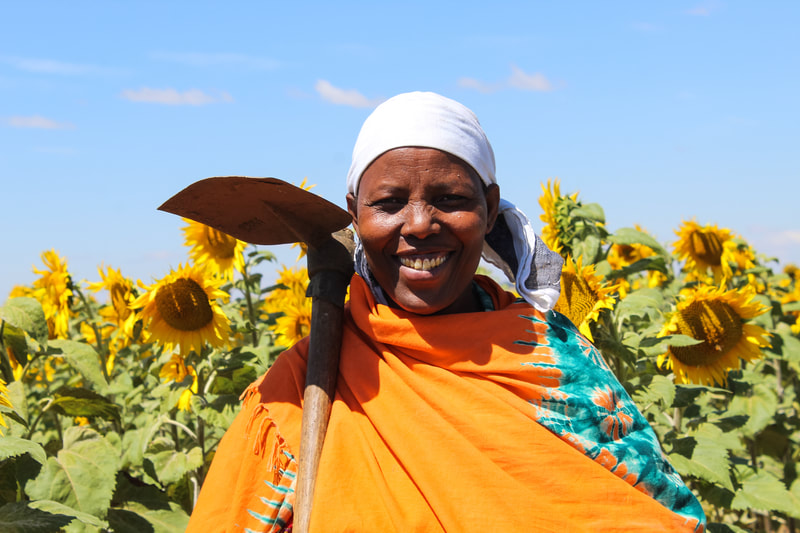
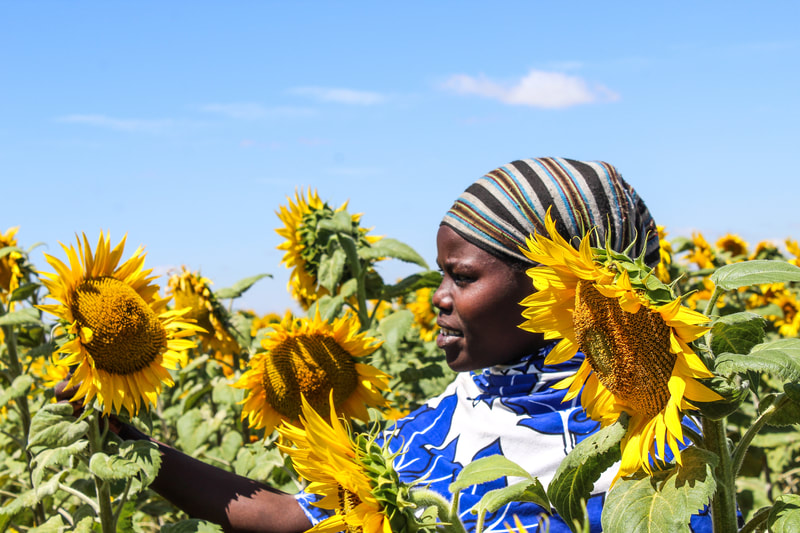
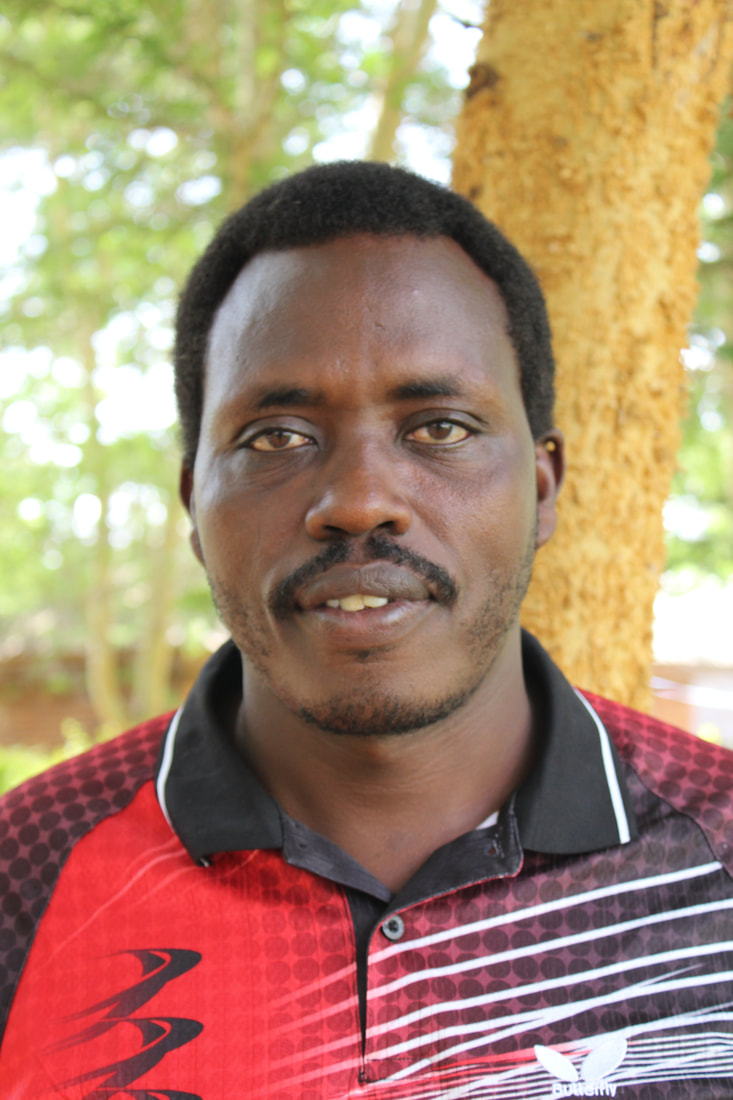
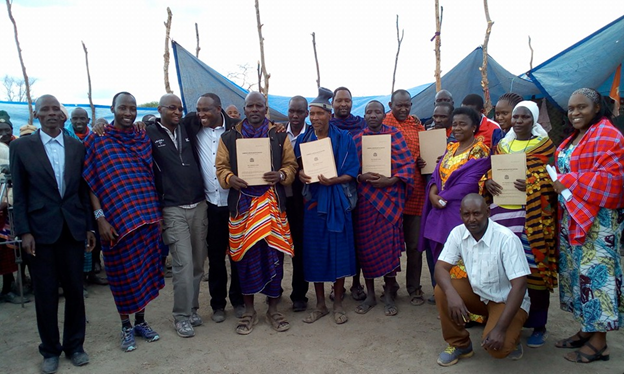
 RSS Feed
RSS Feed
